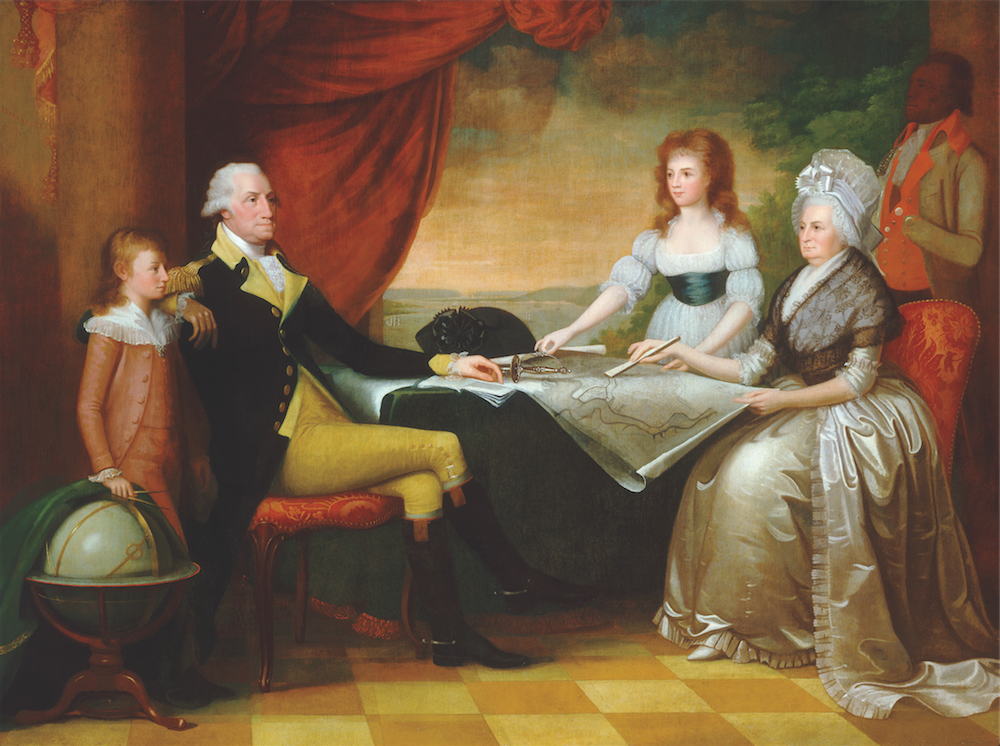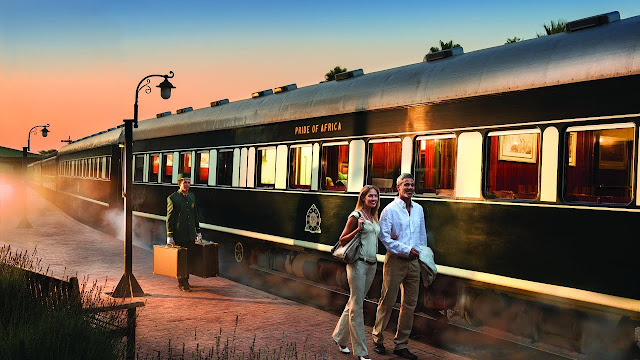07 Things you didn’t know about “George Washington”
About George Washington
During the American Revolutionary War (1775–83), George Washington (1732–99) served as the Continental Army's commander in chief. From 1789–1797, he also held the office of first president of the United States for two terms. Washington, a successful plantation owner's son, was brought up in early Virginia. He was a surveyor when he was younger and later fought in the French and Indian War (1754-63).
The "Father of His Country" label is frequently applied to George Washington. In addition to being the country's first president, he led the Continental Army throughout the American Revolution (1775–83) and oversaw the meeting that wrote the U.S. Constitution.
He helped the colonial armies defeat the British during the American Revolution, making him a national hero. He was chosen to lead the convention that drafted the United States Constitution in 1787. Washington was elected as America's first president two years later. He left behind a legacy of strength, integrity, and a sense of purpose for the country because he understood how he handled the job would affect how future presidents handled the role. He passed away at the age of 67 at his Mount Vernon plantation in Virginia less than three years after leaving office.
Important things he did
• April 30, 1789. Inauguration.
• July 4, 1789. Congress enacts tariff.
• March 26, 1790. First naturalization law.
• May 29, 1790. Ratifying the Constitution.
• May 31, 1790. Copyright law.
• July 16, 1790. Establishing the capital.
• August 4, 1790. Revolutionary War debts.
• December 6, 1790. Moving the capital.
(07)George Washington primarily learned on his own
There wasn't much money left over after the death of George Washington's father in 1743 to pay for his 11-year-old son's formal education.
Washington's formal education ended when he was 15 years old, but he never stopped seeking knowledge. He read to improve himself as a soldier, farmer, and president. He wrote with writers and friends in Europe and America and shared ideas that fueled the political, social, and agricultural revolutions of his day.
(06) His wooden teeth myth
The false assumption that Washington's dentures were made of wood was generally accepted by historians in the 19th century and was taught in schools long into the 20th century. This myth may have its roots in the fact that ivory teeth quickly developed stains and may have given the impression of wood to onlookers.
Washington cracked walnut shells with his teeth, ruining them. His dentures were manufactured of a variety of materials, but not wood. Instead, they were primarily made from human teeth that were taken from the lips of the underprivileged and his slaves. They also originated from lead, cow teeth, and ivory. His dentures featured a tiny spring inside that aided in opening and closing.
He was quite uncomfortable because of the false teeth, which was one of the reasons he rarely smiled. To make them easier to eat, his morning hoe cakes and syrup (selected for their softness) had to be chopped into little pieces.
(05) One of Washington's pals' wife was his first love
Washington wrote weeks before his wedding, "The world has no business to know the object of my affection, proclaimed in this manner to you while I want to disguise it. Instead of his fiancée Martha Custis, the letter was addressed to Sally Fairfax, who was married to George Fairfax, the son of one of Virginia's largest landowners and one of his best friends and benefactors. Sally, a smart, "dark-eyed beauty," became friends with Washington when he was still a shy kid. She is credited by historians for easing his social kinks, teaching him how to act and communicate with the wealthy and powerful, and even teaching him how to minuet dance. It's unclear whether their relationship ever truly bloomed.
(04) Washington was fearless in battle
At the Battle of the Monongahela on July 9, 1755, George Washington rode forward to take command of the crumbling lines while troops and commanders were being killed all around him. Washington had two horses shot out from beneath him and four bullet wounds fired through his coat as he rode down the ranks trying to steady the men.
Washington galloped ahead on his white stallion as he led his forces in a successful counterattack against the British at the Battle of Princeton (January 3, 1777). Washington was a simple target because, at one point, he was only 30 yards from the British line. Washington was heard telling his troops, despite widespread worries that he would be shot down at any minute, “Parade with me my fine fellows, we will have them soon!”
(03)Washington's courageous effort twice prevented the American Revolution
By December 1776, the Continental Army and the revolutionary cause appeared to be on the verge of extinction following a string of devastating defeats in New York and New Jersey. Gen. Washington had a completely different strategy in mind than the majority of generals, who would have retreated to the safety of winter quarters. On December 25, 1776, his daring counterattack across the ice-covered Delaware River resulted in three consecutive battlefield triumphs and a dramatic strategic turnabout that boosted American morale and saved the fledgling country. Early in 1781, with the Revolution once more on the verge of defeat, Washington began a perilous march south to encircle and assault Lord Cornwallis' British force at Yorktown, Virginia. The war's turning point was determined by Washington's victory at Yorktown in October 1781.
(02)He never abused his position of authority
Washington is best remembered for his roles as a commander and president, but his willingness to cede power may be his most lasting contribution. Washington officially established civilian authority of the military on December 23, 1783, when he went into the Maryland State House in Annapolis and turned in his military commission to Congress. King George III reportedly exclaimed, "He would be the greatest man in the world if he did [this]," when he learned that Washington would give up his commission.
Washington resigned as president at the conclusion of his second term, breaking a significant precedent that persisted until the middle of the 20th century at a period when there were no term limits and many people would have favored a lifetime position.
(01)Washington actively supported the westward movement and controlled more than 50,000 acres
George Washington was allegedly the wealthiest president in American history. In the western regions of Virginia and what is now West Virginia, as well as in Maryland, Pennsylvania, New York, Kentucky, and the Ohio region, Washington possessed more than 50,000 acres.
Washington had a good understanding of how an expansion into western territory would not only enrich the fledgling nation but also serve to strengthen the country's unity long before Lewis and Clark began their voyage westward. Washington envisioned a continental transportation system that would enable the future output of the Ohio Valley to flow readily to Atlantic ports by connecting the headwaters of the west-flowing Ohio and the east-flowing Potomac. Even Washington's decision to locate the nation's capital upon the Potomac River's banks was made to emphasize this westward orientation.



.jpg)




Comments